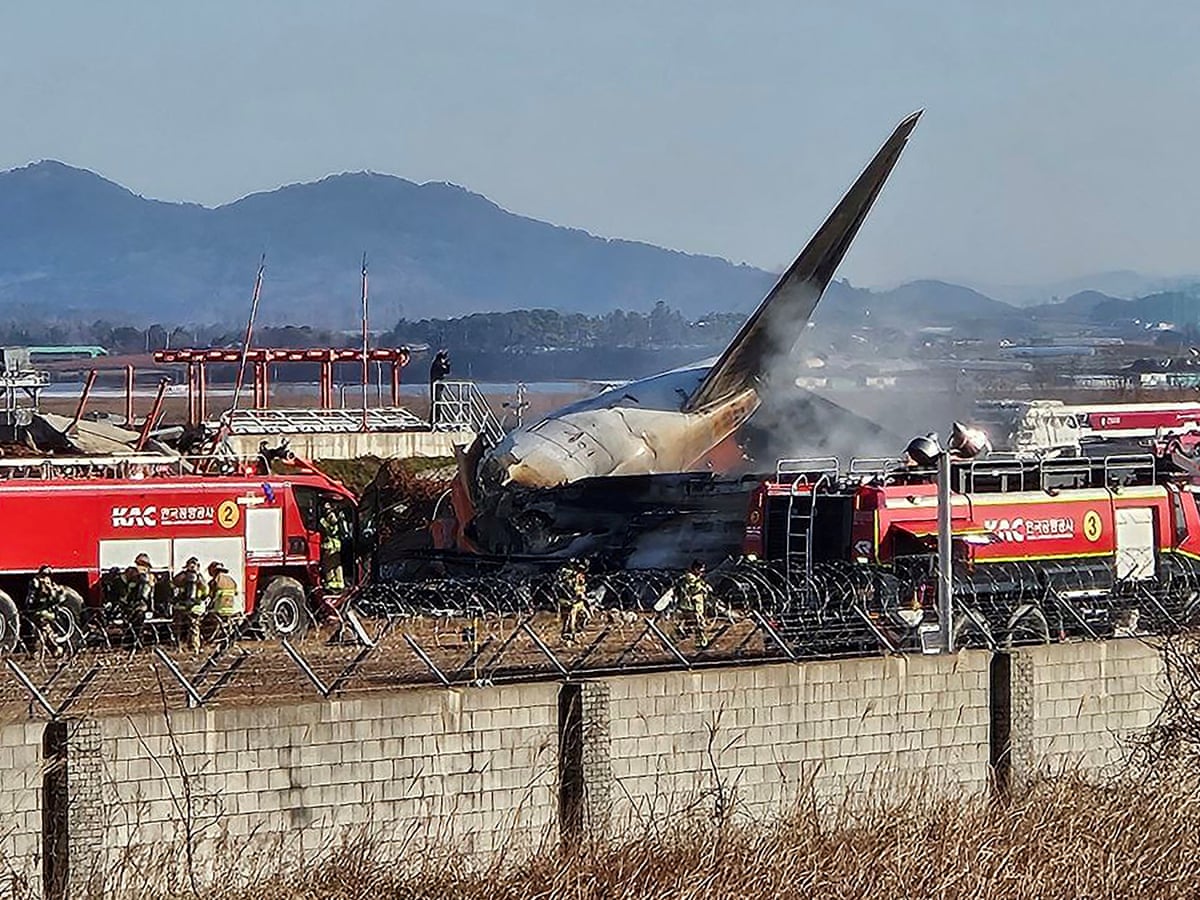Experts Warn Against Spread of Conspiracy Theories Following Jeju Air Incident

On December 29, a collision involving a Jeju Air passenger plane at Muan International Airport in Jeollanam-do has led to a surge of conspiracy theories circulating on online platforms and social media, exacerbating confusion surrounding the incident. Experts caution that aircraft accidents typically arise from a combination of technical failures and operational errors, and the irresponsible spread of unfounded conspiracy theories could hinder the investigation and truth-finding efforts.
Among the theories circulating online are claims linking the incident to shamanistic practices and North Korean involvement. One user suggested that the presence of shamans and their followers in positions of power might be a factor in the unusual nature of the accident. Another post connected a fleeting appearance of the number '817' during a news broadcast to North Korea's alleged operational guidelines against South Korea, claiming it was a directive for insurrection from 'black operatives.'
Immediately following the accident, a discussion emerged on a Naver cafe regarding a supposed mass sell-off of Jeju Air stocks just before the incident. A user pointed out that a significant sell-off occurred on December 27, the last weekday before the crash, questioning, "Who was behind the chilling mass sell-off at 1 PM? Money doesn’t lie," while sharing stock graphs to suggest a connection to the accident.
As of now, airport authorities and relevant agencies are investigating the cause of the accident. Experts emphasize that unverified conspiracy theories can negatively impact the investigation and those involved in the incident.
Professor Yoo Hyun-jae from Sogang University’s Department of Communication stated, "Conspiracy theories often emerge in disaster situations, but during such times, unverified claims spread rapidly on platforms like YouTube and social media. Even in crises, the pursuit of views and speculative conspiracy theories complicates the search for truth." He urged the public to rely on information from credible sources.
What do you think?
0 reactions





